
How to Add Keywords to Your App on Google Play?
If you are preparing to launch an app or starting to focus on keyword optimization, you may be wondering how to add keywords to an app on Google Play. Not only are search volumes and rankings different on Google Play from the App Store, but the keywords that are indexed to be ranked are also different.
In this blog, we will identify the key ranking factors on Google Play, and cover the differences between targeting keywords on the App Store vs Google Play.
Where can you add keywords on Google Play?
On Google Play, there are three main areas in an app’s metadata where you should target keywords: the title, long description, and short description, each of which is indexed by Google. Notably missing is a 100-character keyword field that is hidden from users (iOS only).
- The title can be up to 30 characters (similar to the app title limit on the App Store) and typically has the greatest impact on keyword rankings.
- The short description is the next visible field to users and is 80 characters long. While this field is available to target keywords to be indexed, it typically does not have a large impact on keyword rankings and should focus on conversion while remaining relevant.
- Google Play indexes the long description, which can be up to 4,000 characters. Use keywords strategically here for better rankings. The most relevant and high-priority keywords should have the highest density – about 3% of the total keyword count, not including the app’s name. This practice optimizes visibility and searchability on the platform.
For both the stores, it is important to have the right expectations of the potential impact and user visibility. The following chart helps to understand the effectiveness of each field.
Where else can you target keywords on Google Play?
Some developers have also found that adding a keyword to the product ID can impact keyword rankings.
For instance, Super Mario Bros had “zara” in their product ID, possibly a naming convention, not targeting the clothing brand. It ranked for this term momentarily, showing that while adding a keyword doesn’t guarantee rankings, Google does index this field.
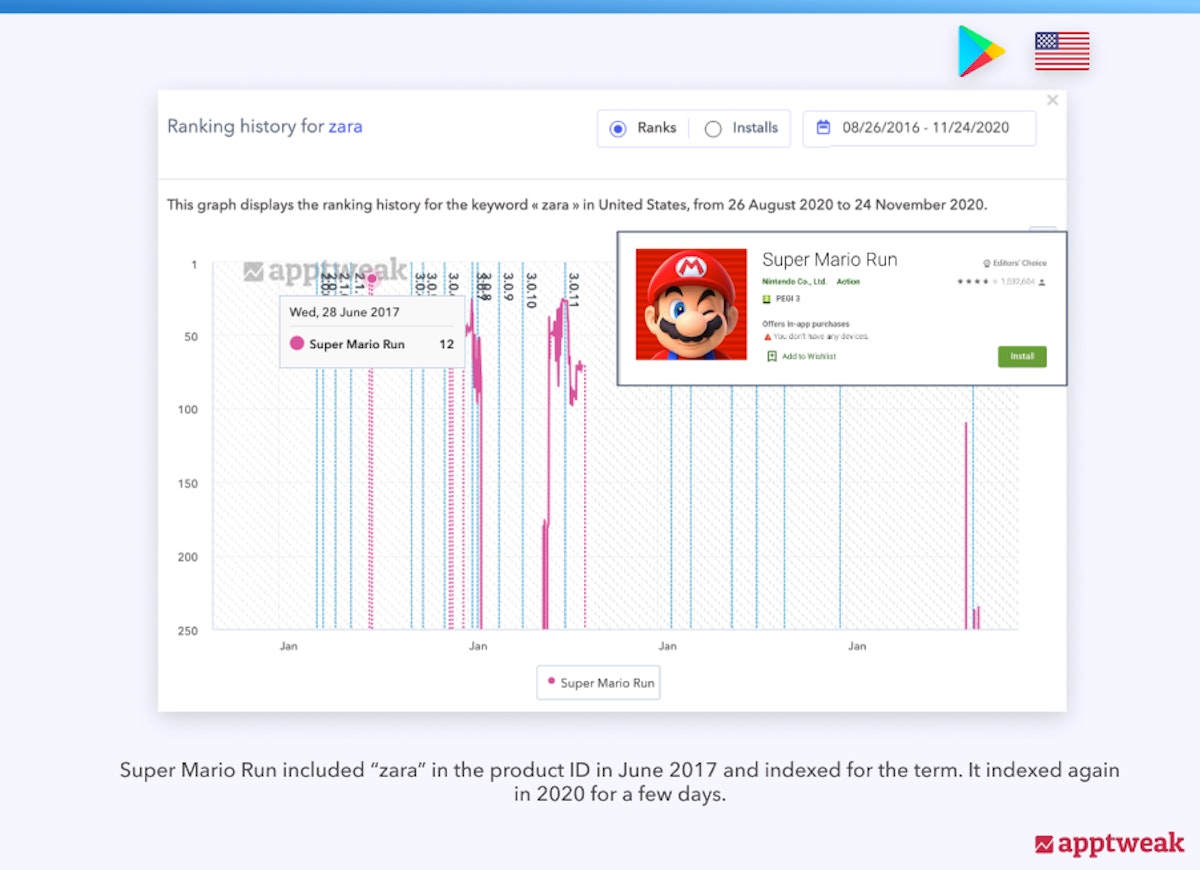
Google Play possibly considers your app’s screenshot captions for keyword rankings. Despite the lack of solid proof, using captions to highlight key features may still be beneficial. This can make your app more appealing and might help your keywords too.
Factors that impact keyword rankings on Google Play
Simply targeting a keyword in an indexable field does not guarantee that your app will rank well for that term. Beyond keyword placement, there are other factors that can impact how well an app ranks for a particular term. These include:
- Android vitals: Google tracks Android vitals to help improve the performances of Android devices. Google evaluates your app based on vitals like battery usage, stability, start-up and rendering time, and permissions. This involves checking for excessive wake-ups, background scans, crash rate, and ‘Application Not Responding’ rate.”
- User retention: Google also considers app retention for keyword rankings. If a lot of users download an app and then quickly uninstall it, the app might be improperly indexed or misleading users about its functionalities.
- Conversion: Conversion significantly impacts keyword rankings, as it identifies an app’s ability to satisfy a user’s search intent. This ultimately proves Google Play’s ability to solve user needs. If an app fails to convert a user once presented, Google has less incentive to continue showing that app to store visitors
Best practices for adding keywords on Google Play
Each field visible to Google Play visitors should target highly relevant keywords. The list of high-priority keywords for the Google Play version of an app may be shorter than the App Store version:
- Use keywords that are easy to comprehend.
- Repeat keywords throughout your metadata, specifically the long description, but make sure to avoid keyword stuffing.
- Regardless of your keyword strategy, test its impact on ranking and conversion and explore new strategies.
Conclusion
Effectively optimizing keyword placement for apps on Google Play opens the door to numerous opportunities. These not only help you climb the ladder in keyword rankings but also connect with the users who matter the most.
While prioritizing keyword relevance is important, it’s equally essential to keep an eye on other critical factors such as app vitals and conversion rates when monitoring keyword rankings. By maintaining this comprehensive approach, app developers can harness the full potential of their app’s visibility and engagement on Google Play.
Get started on keyword research with AppTweak.


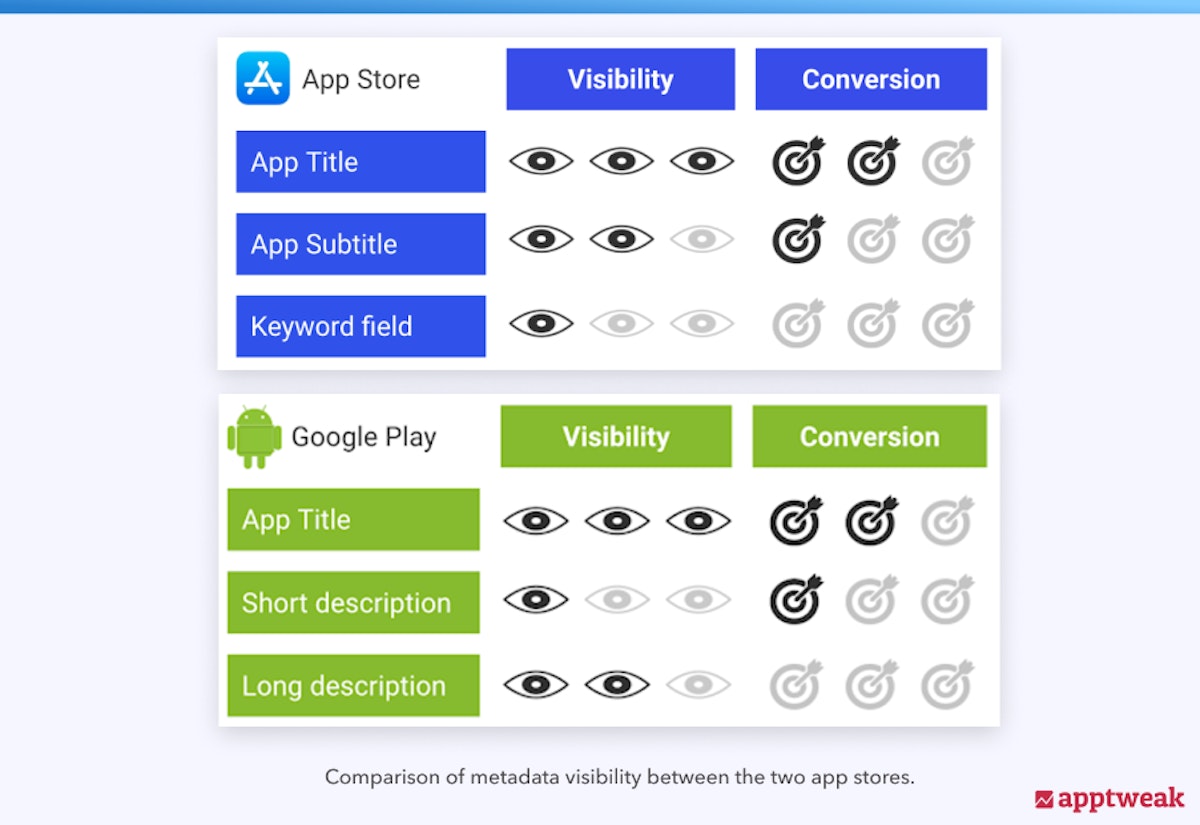
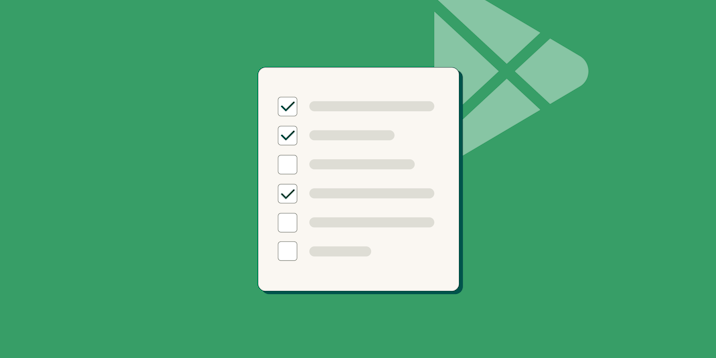
 Sukanya Sur
Sukanya Sur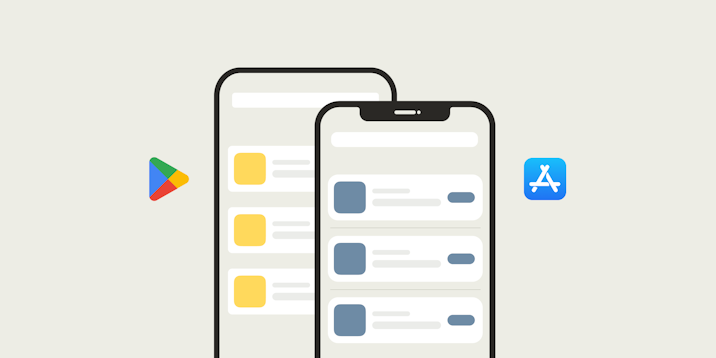
 Taya Franchville
Taya Franchville
 Oriane Ineza
Oriane Ineza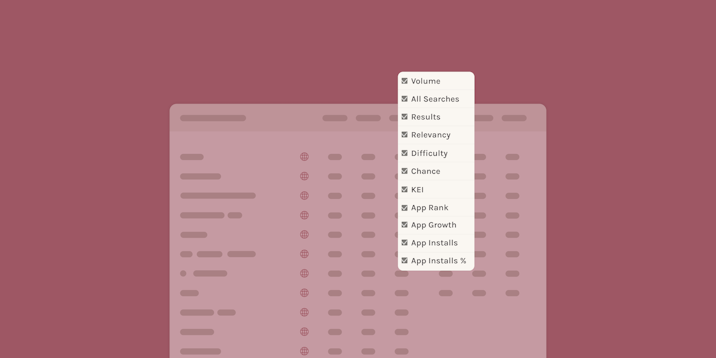
 Lucas Riedinger
Lucas Riedinger
 Justin Duckers
Justin Duckers